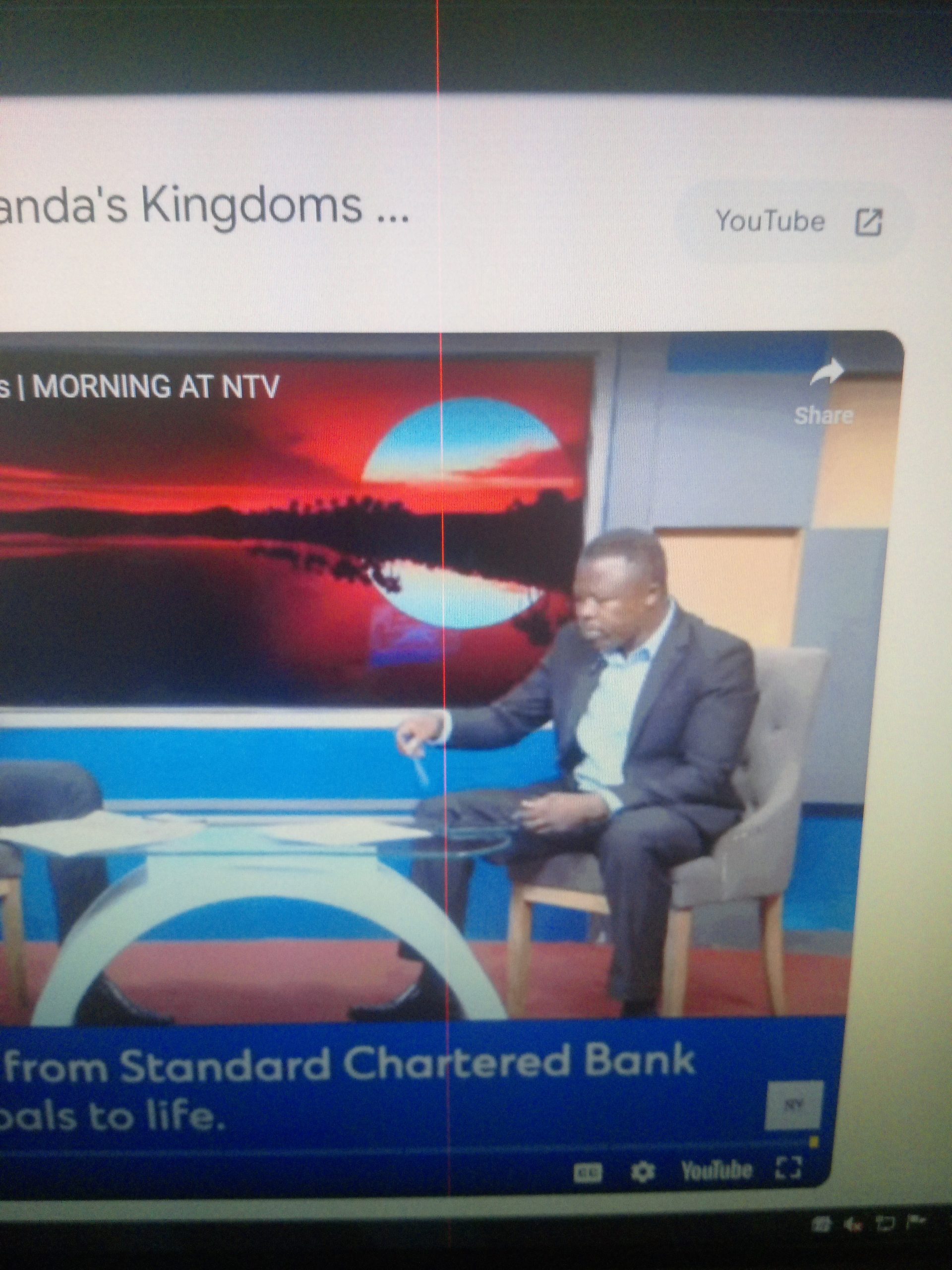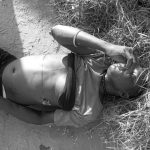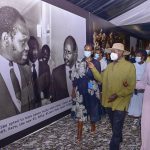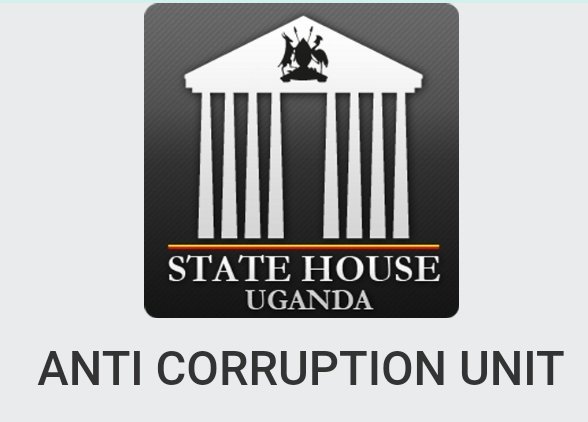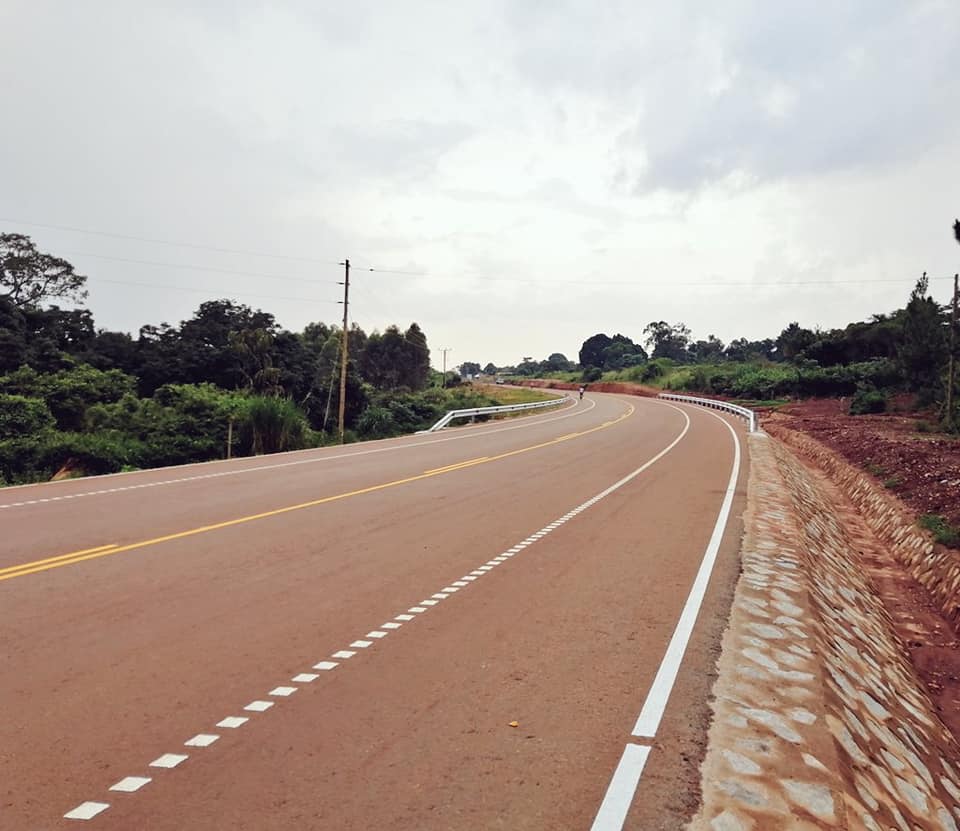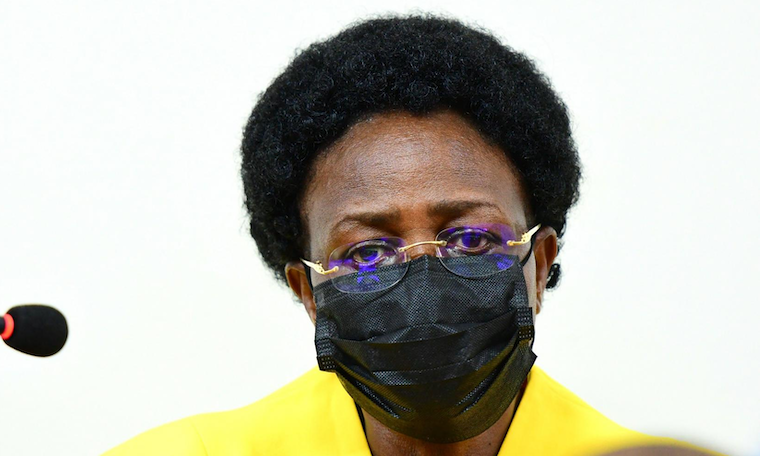The opposition kraal has seen many of its prominent members tempted away by the allure of the ruling party, among them Hon. Mao Norbert, Hon. Betty Kamya, RDC Washaki, and Abdu Katuntu, with many others following suit. If we were to research how many opposition politicians still adhere to opposition politics in Uganda, we might hypothetically conclude that many have abandoned their opposition ideology and are now pursuing their own interests.
Just as spiritualists and astrologers, who rely on spirits to foretell events and heal the sick, must abandon their profession when the spirits no longer guide them, many longtime powerful Ugandan politicians have renounced their previous ideologies or jumped onto the “yellow bus” altogether. I am reminded of Hajji Masaba, a prominent presidential aspirant from Bugisu. During the 1996 Presidential elections, he renounced his party’s ideology in favor of the NRM party, stating that after closer political comparisons, he realized his party and the NRM shared a comparable ideology, and there was no need to continue opposing the NRM.
Hajji Masaba is not alone; many opposition politicians, after joining the NRM or the “promised land,” have admitted they were misled to stay in opposition. In academia, measurements are used to gauge performance. Recently, the LCV Chairman for Nakaseke subjected all primary teachers in various government schools in his district to exams, and the majority failed the very exams they administer to students. This suggests a parallel question for opposition politicians in Uganda: how many still believe in the opposition ideology, or have they moved on to other pursuits?
There is no doubt that the opposition has become a hunting ground for the NRM party, which spares no effort in its recruitment drive. The ruling party’s “yellow hook” is well-baited, and even the smallest incentives are used to attract new members. The only significant figure that NUP has attracted from the NRM is Manjiya County’s Hon. John Baptist Nambeshe, who couldn’t resist the “Ghetto Chyerondala Taba Mubi” singer’s influence.
In terms of analysis, the ruling party has successfully recruited many opposition politicians not due to ideological superiority but rather because of its financial resources. A political party’s strength and continuity rely on its ideology and unifying beliefs. When promoters or supporters begin to undermine these core ideologies, the party’s unity and effectiveness are compromised.
Another factor affecting opposition politicians, including those in the NRM, is the allure of money. The latest information about disputes over financial donations within the Forum for Democratic Change (FDC) highlights this issue. The donor’s intentions were unclear, and the donation came without guidelines. Consequently, the party supporters did not have the opportunity to properly acknowledge and thank the donor.
At Makerere University, there was a term we used 23 years ago, “movaring,” referring to staying in the campus or halls of residence illegally after the semester’s closure. Similarly, some opposition politicians seem to enjoy their visibility without a genuine agenda for change, merely using their platform to seek the NRM’s favor.
Recently, I observed opposition politicians from certain regions of Uganda adopting strategies reminiscent of the Kenyan model from the 1980s and 90s. During that period, opposition leaders like Mzee Kenneth Matiba and Raila Odinga used their ethnic block votes for political bargaining with the Moi government without intending to take over the government.
Steven Masiga is a legal scholar and researcher from Mbale.

